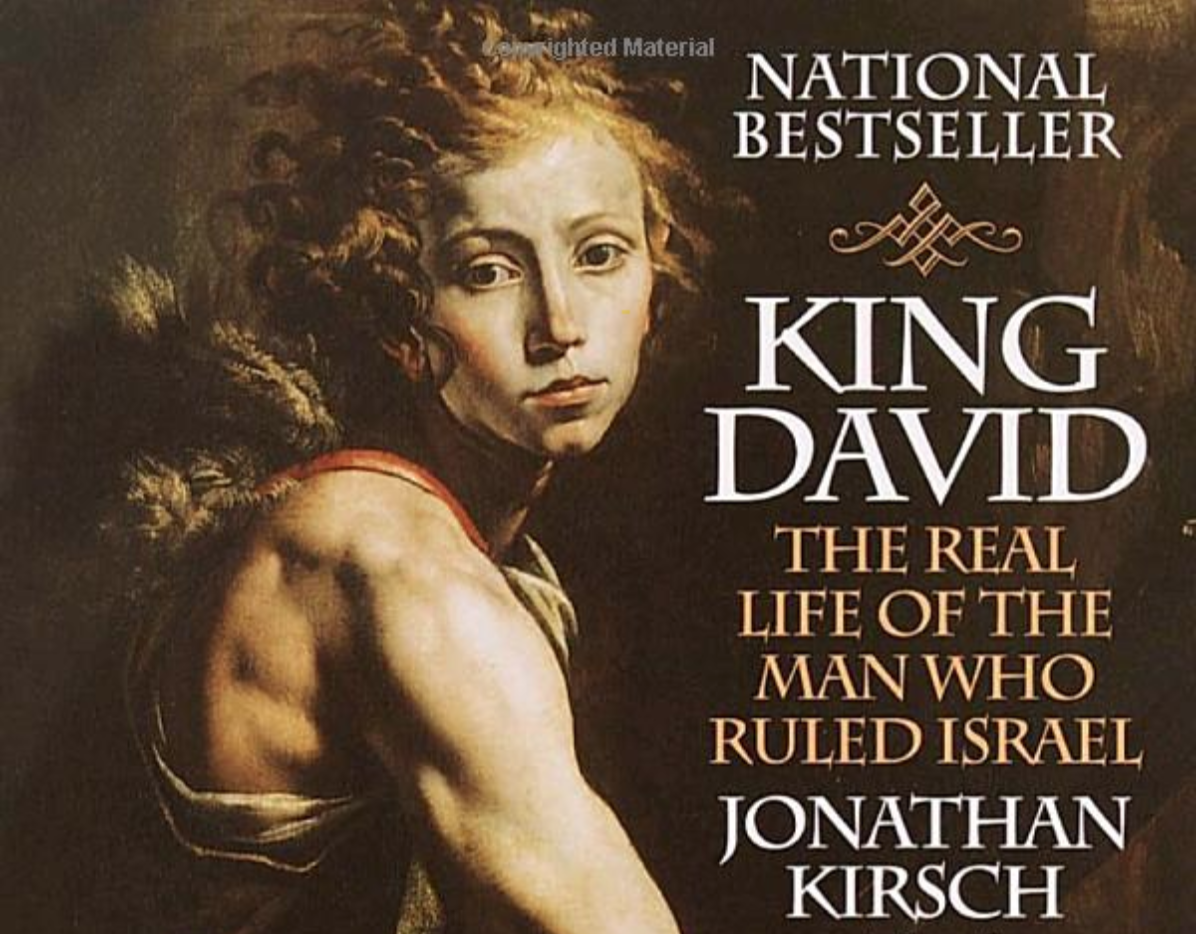The Kingdom of David
Session Four:
The End Days

Introduction: We begin this course with reading chapters 9-12 in Kirsch's King David followed by viewing episode one of the accompanying film The Kingdom of David - "The End Days."
After having completed the readings for this session and reviewed the accompanying video you may choose - on a purely optional basis - to answer the study questions and submit them at etwimber@hotmail.com or to contact Dr. Wimberley by phone or email to request a time for dialogue about what you have learned. You may do so by phone or dialogue via Skype or Facetime. Dr. Wimberley's phone number is 239.405.4164. We may also convene group meetings of the class using the Zoom application on our computers. You can enroll in this course by emailing etwimber@hotmail.com or by texting Dr. Wimberley at 239.405.4164.
Readings: Kirsch, Jonathan (2008) King David: The Real Life of the Man Who Ruled Israel. Chapters 9-12.
Video: The End Days
Study Questions:
- How extensive was David's kingdom at the height of his power?
- How would you explain that while David is praised for his justice and righteousness there appears to be little evidence of how he achieved that status?
- What was David's "blood guilt"?
- How is the story of David's lust central to our modern memory of him?
- What was the conflict about between Annon and Absolom and how was it concluded?
- What happened to Judea after Pompei invaded in 63 BC?
- With the Roman occupation what did the "end of days" mean to the Jews?
- What was the region of Judea to the Romans? What was it to the Jews?
- Who were the Jewish rebels that opposed King Herod and why?
- Who is Hillel and why is he important?
- What characteristics did Hillel and his fellow pharisees have in common with modern Christians?
- How did Hillel seemingly influence Jesus?
- Who were the Zealots? Describe their insurrection.
- The film for this session describes the Judea of Jesus's era as a revolutionary cauldron where blood flowed freely. This is hardly reflected in the New Testament. Any ideas why?
- Describe the situation in Jerusalem in 70 AD just before the city fell to the Romans.
